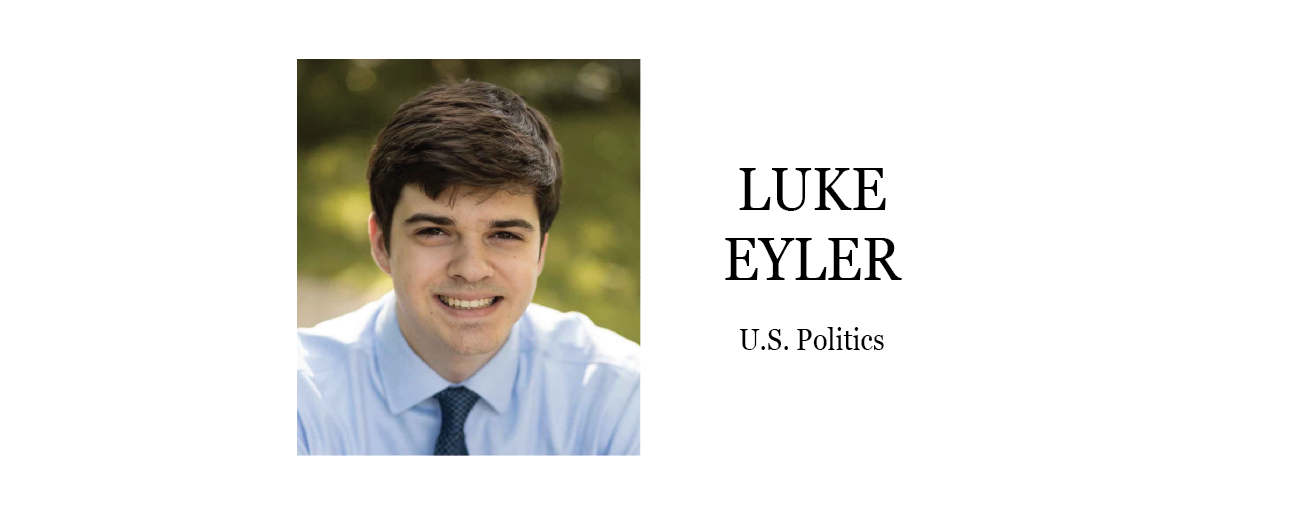Thomas Paine’s writings before the American Revolution were essential in making the case for revolution, and his pamphlet “Common Sense” exemplified this. In my AP U.S. History class in high school, we only learned about Paine’s “Common Sense” but didn’t talk about his other writings at all. This is what a majority of U.S. citizens know Paine for, even though he was influential in many other areas. Paine also had many other writings that were vastly influential on world politics, including “The Rights of Man” and “The Age of Reason.” Paine was largely forgotten due to the cult of influence that was forming around many of the founding fathers, but Paine’s disagreements with George Washington and others left him behind. Paine in the modern day would be considered a socialist, and I have found a lot of valuable information through his readings.
Paine, unlike his other fellow founding fathers, was a strong advocate for a strong federal government. In his book “The Rights of Man,” a critique of Edmund Burke’s writing, he supported a large tax on the rich that would be used to pay for a very generous welfare state. Throughout Paine’s life, he advocated for economic support for citizens especially those who were the most vulnerable. In the last chapter of “The Rights of Man,” he outlines a plan that would redistribute wealth to the most vulnerable members of society. He argued that individuals who don’t have access to things such as large sums of money or quality education aren’t properly utilizing their natural rights. He said that youth should have a free and quality education, which would allow them to properly choose their future career. He also argued for a kind of unemployment insurance that is given to those who can no longer work.
Paine was also a vocal critique of organized religion. While a lot of his views of Christianity are rather extreme, he does make some valid points about the influence that religion has on government and the lives of citizens. He failed to realize the benefits that organized religion could have by saying, “All national institutions of churches … appear to me no other than human inventions, set up to terrify and enslave mankind, and monopolize power and profit.” He also says, “Of all the tyrannies that affect mankind, tyranny in religion is the worst; every other species of tyranny is limited to the world we live in, but this attempts to stride beyond the grave, and seeks to pursue us into eternity.” While these takes are certainly a bit extreme, throughout history religion has justified some terrible things. People have profited and exploited the religious views of the masses, specifically megachurches and televangelists. Churches have also managed to remain tax-free even though many churches participate in political lobbying. Paine’s religious views on religion were ultimately why he was largely outlawed from modern society during the end of his life.
I could go on and on about Paine and how his views were remarkably different than his fellow founding fathers. However, I think it is important that we seek out and learn more about these influential figures in our society. Paine has been largely whitewashed throughout history like many other historical figures. As a society we need to read more of Paine’s teaching, he saw a lot of the problems that would develop in the United States including poverty and our dependence on religion. If any readers are interested in learning more about Paine, you can find online versions of his writings here.

